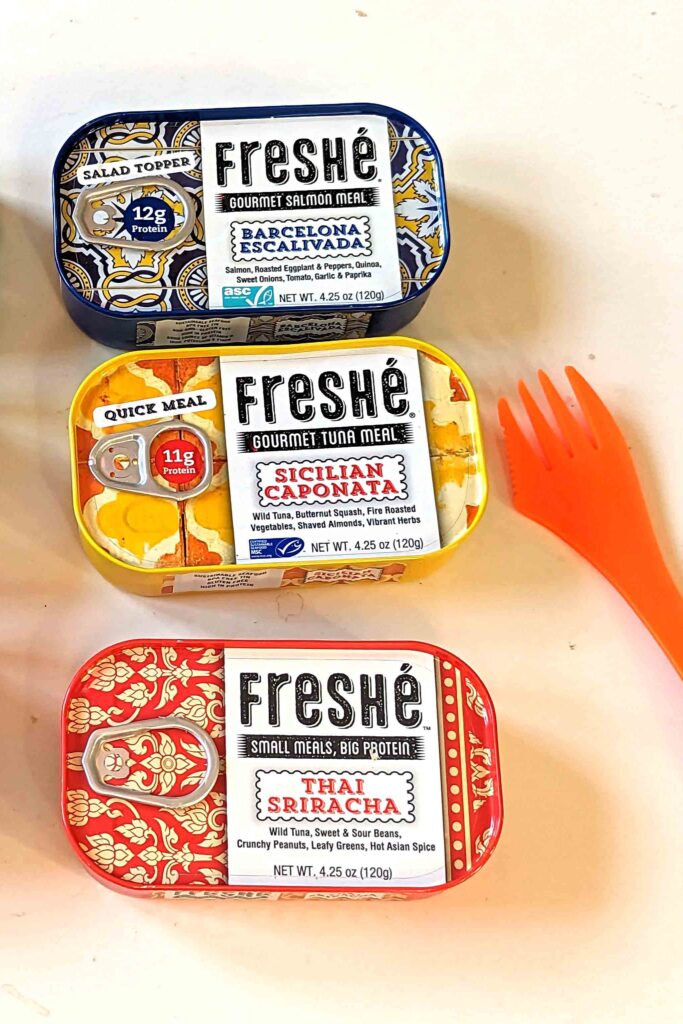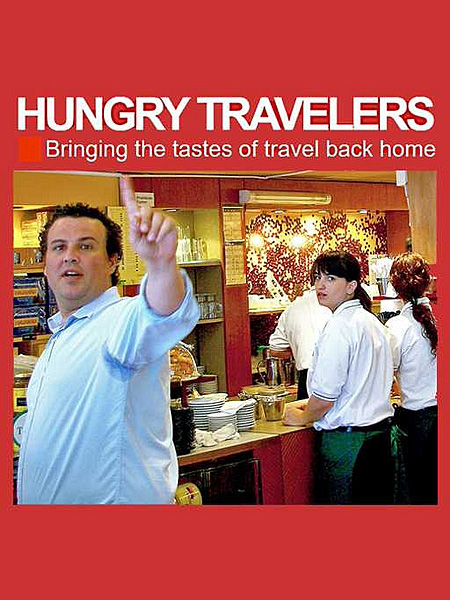
Freshé gives tinned fish a bright new start
As diligent readers of HungryTravelers might know, I grew up on the Maine coast. But before I was old enough to crew on fishing boats, I also worked in the blueberry barrens during harvest season. We harvested low-bush blueberries (aka, ‶wild″ Maine blueberries) with multi-tined scoops that stripped the berries off the low shrubs but left the twigs and leaves behind. It was stoop work in the hot sun, as the harvest season usually stretched from mid-July to mid-August. Moreover, the fields tended to be remote. We were dropped off early in the morning and picked up late in the afternoon. That made lunch tricky. None of us had coolers, and lunch meat sandwiches that have baked for hours in the sun were less than...Read More
